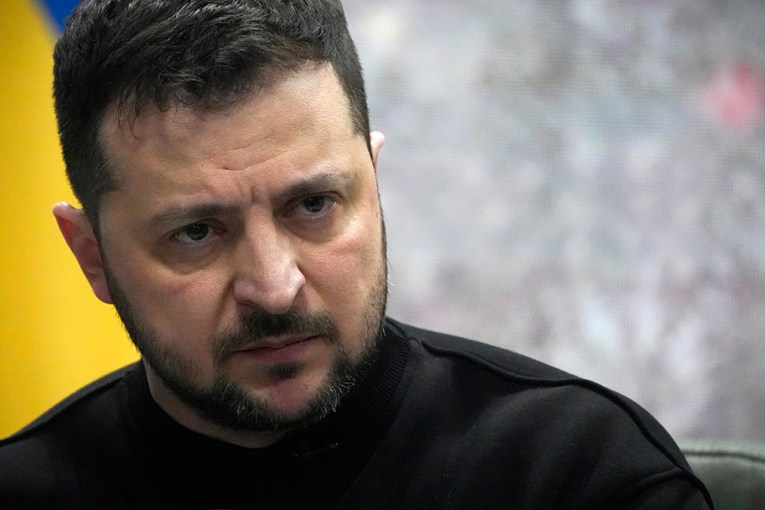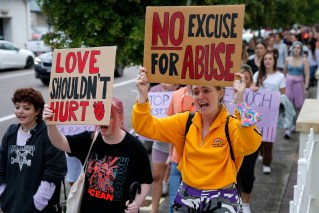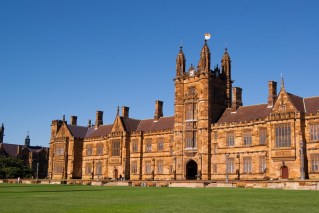Ending sorcery attacks, violence against women in Papua New Guinea
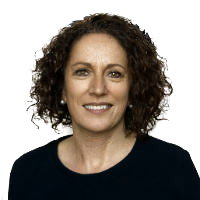
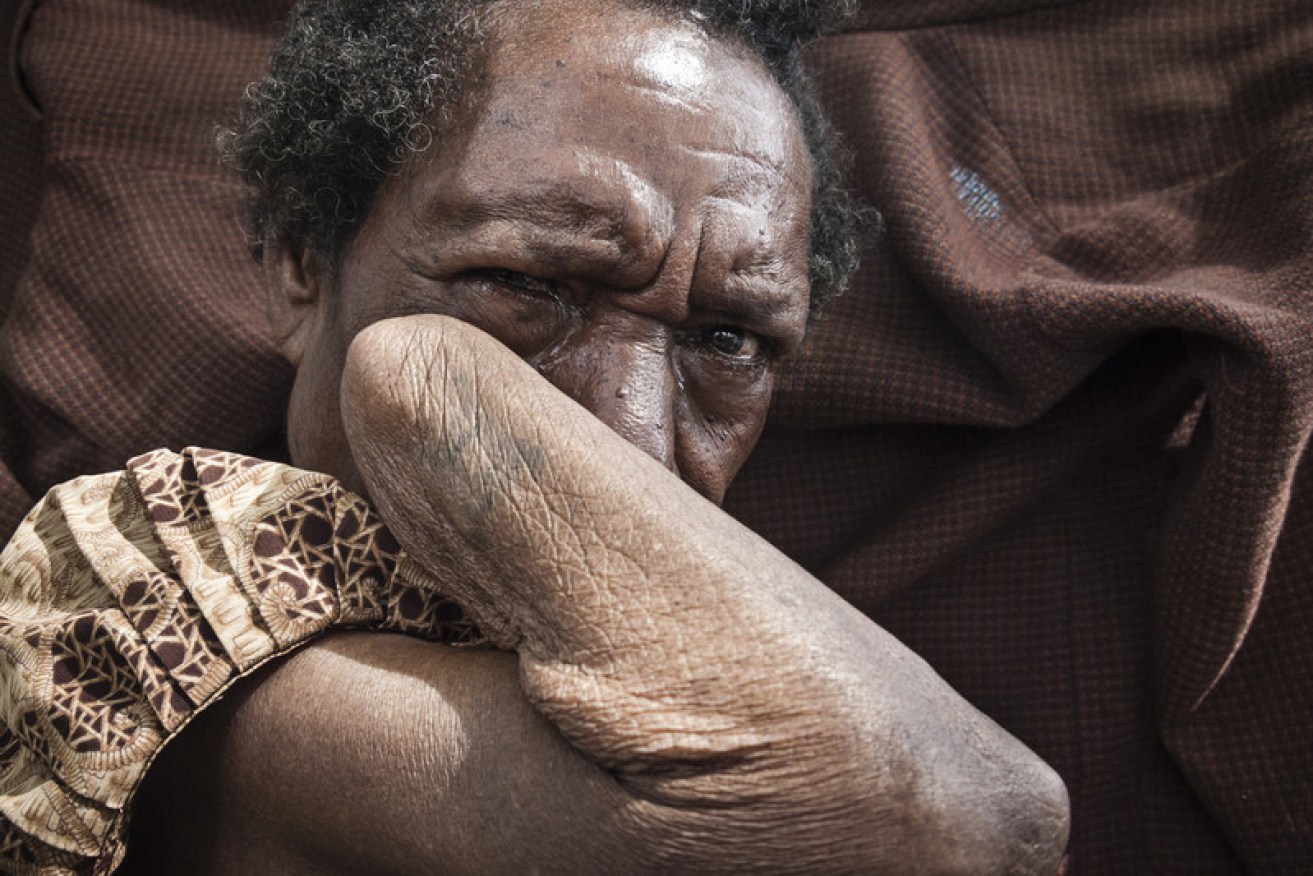
Rasta was accused of sorcery after the death of a local man. She was beaten, strangled and attacked with a machete. Photo: Oxfam Australia
Rasta Dua is from Arang Village, Kudjip, in Papua New Guinea’s Western Highlands. A fertile region where tea and coffee crops are plentiful, Kudjip is nestled in Waghi Valley, surrounded by mountains in one of the most linguistically diverse countries on earth. She doesn’t know how old she is. “Maybe 65?” she says.
Rasta is a widow with four children and eight grandchildren. Sitting in a safe house run by Oxfam and a local partner organisation, she cradles her new prosthetic arm as she tells her story through an interpreter.
“When I tell the story, I feel so emotional. I often can’t hold back my tears. You won’t mind?”
Ten years ago, Rasta was attending the funeral of a young man from her village, when members of the community got together and blamed the young man’s death on her, accusing her of sorcery.
“When I was in the funeral, it was broad daylight when the young men came and they put a rope around me and dragged me, and one of them came with a bush knife. One of them hit me, that’s why I’ve got a hump here,” she says, pointing to a scar on her ribs.
https://www.youtube.com/watch?v=FEFErGxXfc0
Rasta was dragged before a crowd of more than a thousand fellow mourners and beaten by a group of men before managing to escape. The group then came to her house with petrol, threatening to burn her alive.
“They asked me, ‘Are you possessed with the sorcery spirit?’ They asked me seven times, but at the same time they were beating me. They had petrol there and they said, ‘You have to confess that you are the one responsible for this man’s death,’ and they brought the petrol over and they want to shoot me and they want to burn me.”
Once the men had asked Rasta six times whether she was possessed, they gave her one more warning. “I did not want to die. So I said yes, I am possessed with the sorcery spirit.”
The crowd demanded compensation, and Rasta’s husband sought help from her brother, asking him to bring pigs and money to satisfy everyone.
That night a man returned to Rasta’s house with a large bush knife.
“He came while I was still asleep and he just hit me here,” she says, pointing to the top of her head. “And when I got up, the blood was spilling down.”
The man went to stab Rasta again, and as she raised her arm in defence, three of her fingers were chopped off.
“And then he hit me again. And I went close to him, and the sharp knife cut me, this part of my hand,” she says, pointing to her wrist. “And it was just hanging, and I didn’t know what to do. So I just grabbed my hand like this [holding her hand to her chest] and I cried.”
At this point, Rasta ran outside where she fainted and was taken to the local hospital. She spent four days there before returning to her husband and children in the village.
Rasta’s brothers sought compensation from the community for the loss of her hand. She never reported it to police for fear of repercussion.
“I was thinking that the community might harm my son.”

Rasta Dua is happy to have been fitted with a prosthetic arm, thanks to the help of Oxfam. Photo: Oxfam Australia
Sadly, Rasta’s story is not uncommon. Reports of sorcery-related violence are on the rise in Papua New Guinea, where many people don’t accept natural causes as an explanation for misfortunes like sickness and death.
Despite what seems to be a recent surge in sorcery violence, this could also be attributed to its increased visibility, with attacks captured and shared on smart phones and a wider network of organisations collecting data.
Accusations of sorcery tend to impact the most vulnerable in society and the majority of cases involve more than one perpetrator, almost 78 per cent of which are men.
Sorcery-related violence further complicates the wider problem of gender-based violence in Papua New Guinea, where 70 per cent of women have been assaulted or raped. In the Highlands regions, 97 per cent of women have experienced domestic violence.
Oxfam has been working in Papua New Guinea for 20 years, a country with the highest level of income inequality in the Asia-Pacific region and the lowest ranking on the United Nations Human Development Index outside Sub-Saharan Africa.
Along with improving access to clean water, sanitation and livelihood opportunities, Oxfam works with a network of partner organisations to tackle gender-based and sorcery-related violence. This network provides safe houses, counselling, mediation, education, legal support and implements long-term solutions such as helping survivors become financially independent.
It is one of these safe houses that provided support to Rasta Dua to help her rebuild her life.
“With the loss of my right hand, it was really difficult. But the support from this organisation really helped me, for counselling purposes and also because I got the hand,” she says.
“I was not able to live with all these problems. But now with coming out and sharing, and able to get the support, I am really happy,” she says, crying.
Rasta Dua is featured on the front of our new ‘safe refuge for women’ Oxfam Unwrapped card. The photo was taken on the day of the interview – the day after she received her new prosthetic arm. The joy on her face is contagious.
Papua New Guinean women are leading the way for a future where they can feel safe in their homes and communities, and where they can be represented and respected in all levels of society.
With the launch of a new campaign called Inap Nau! Oxfam and our partners are supporting women and youth-led action and placing local women at the centre of decision-making.
Welcome changes are taking place at a government level. Recently, for the first time ever, the PNG government’s 2018 federal budget has allocated K10 million to sorcery awareness and K10 million to gender-based violence initiatives.
Readers can donate to Oxfam by buying an ethical Christmas card here.
